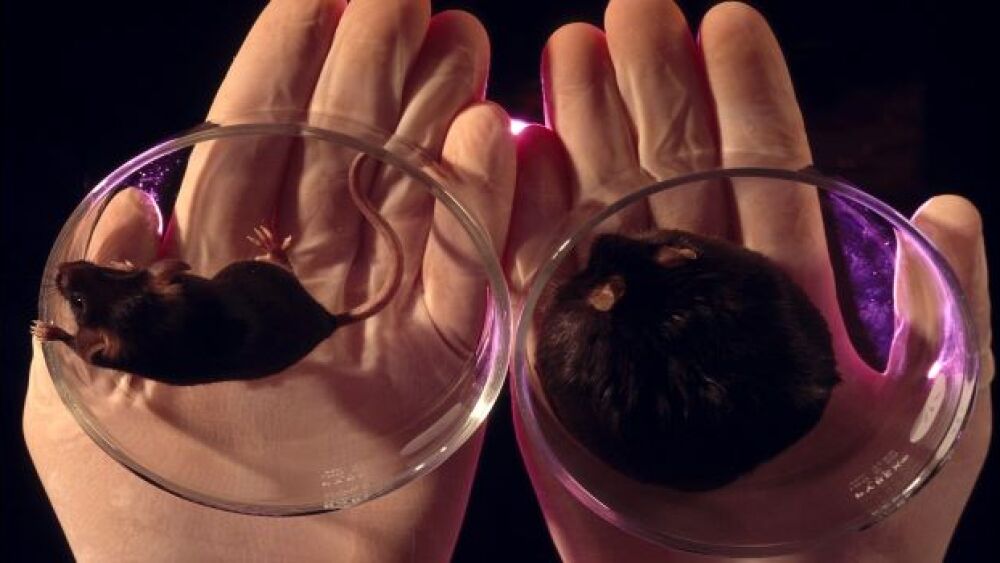Regeneron and AstraZeneca are looking to research, develop, and eventually commercialize a new drug that targets GPR75, the gene associated with obesity.
Remi BENALI/Gamma-Rapho via Getty Images
Obesity and its related co-morbidities are seeing a potentially positive outcome in their futures after Regeneron Pharmaceuticals announced that it has partnered with AstraZeneca to find ways to treat the said conditions.
In a statement, Regeneron said that it is looking to research, develop, and eventually commercialize a new drug that targets GPR75, the gene associated with obesity. The effort is anchored on a previous study that found that, although rare, individuals who had the GPR75 gene mutation were in a better state to combat obesity. This is a significant finding, significantly as scientists predict that over one billion people worldwide could be obese by 2030 (with a body mass index of 30 and up).
“The next era of medicine is being fueled by important genetics findings that direct drug developers on how to deploy our toolkit of biologics, small molecules and gene editing technologies in order to safely help patients in need. As experts on genetics and human biology, Regeneron is excited to join forces with the chemistry and small molecule leaders at AstraZeneca, as we seek to develop new medicines tackling the harmful and costly obesity epidemic,” commented George D. Yancopoulos, M.D., Ph.D., the president and chief scientific offer of Regeneron.
Obesity is linked to many severe illnesses and can affect organ function, including the kidneys, heart, liver, and pancreas. In the trial for GPR75, those who received at least one inactive copy of GPR75 saw their BMIs go down, and their weights drop by around 12 lbs.
The study started with the researchers sequencing the exomes, or the protein-coding regions of genomes, from around 650,000 randomly selected individuals in the U.S., the U.K., and Mexico. The team found 16 genes strongly linked with BMI, and five of those encoded G protein-coupled receptors expressed in the central nervous system and the brain. Of these five, GPR75 exhibited the most significant effect on obesity.
“The next era of medicine is being fueled by important genetics findings that direct drug developers on how to deploy our toolkit of biologics, small molecules and gene editing technologies in order to safely help patients in need,” added Dr. Yancopoulos.
There have been many studies on lowering the risk for obesity, but the new trial’s unique approach to monitoring genetic variations instead marks a significant milestone. By finding gene variants associated with leanness and protection against obesity, scientists can discover and develop a treatment that will prevent a person from being obese, instead of the current inventions that happen after the early-onset severe obesity has started.
According to the terms of the agreement, AstraZeneca and Regeneron will split the development costs for trials equally, and any future profits that arise from the drug that’s produced through the collaboration will be divided, as well.





